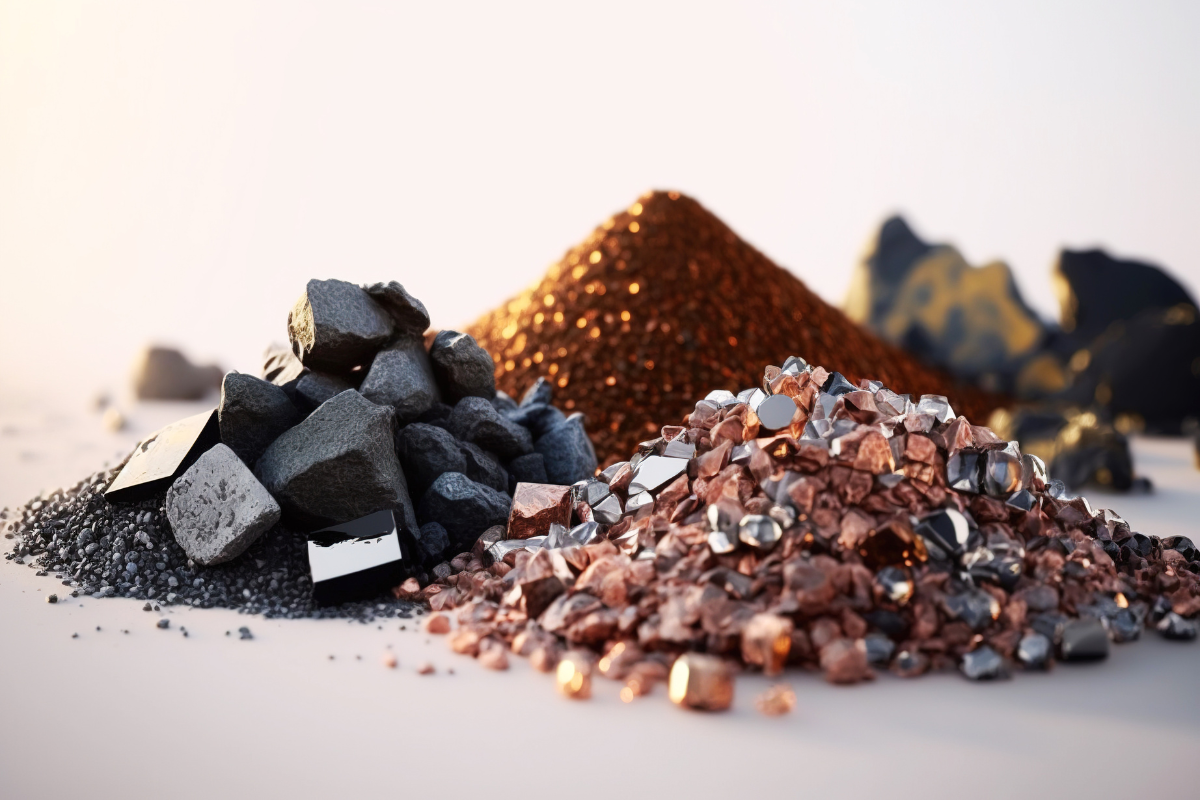
Canadian rare earth recycler Cyclic Materials got a boost from Microsoft’s Climate Innovation Fund. | Joaquin Corbalan P/Shutterstock
Cyclic Materials received an investment from Microsoft’s Climate Innovation Fund to accelerate the company’s technology for recovering rare earth metals from hard drives.
Canadian metals recycler Cyclic Materials has developed a patent-pending technology called CC360TM to recycle rare earths from end-of-life hard drives and other materials. The technology allows ITAD companies to separate out the parts of hard drives that have rare earth magnets and still shred the rest of the hard drive to recover the other precious metals that are typically targeted.
Microsoft launched the Climate Innovation Fund in 2020 and planned to invest $1 billion into new technologies over four years. It does not disclose individual investment amounts. Brandon Middaugh, senior director of the Climate Innovation Fund, said in a press release that “as demand for rare earth elements continues to grow in importance, we’re excited to support the creation of a sustainable supply of these materials with this investment.”
Co-founder and CEO of Cyclic Materials Ahmad Ghahreman said in the press release that the investment “enables us to accelerate the deployment of our commercial facilities, which is a critical step in growing the domestic supply of rare earths in North America that support the energy transition.”
In June, Cyclic Materials opened its first commercial-scale facility in Ontario, Canada, and plans to develop five or six facilities in the U.S. and Canada that will feed magnets into a future hub.
Sims Lifecycle Services has been testing CC360TM over the past few months, and the company has “seen tremendous performance improvements through the development and achieved throughput of one hard drive per second,” said Sean Magann, chief commercial officer at Sims Lifecycle Services, in a written statement.
“This solution enables us to drive further value out of disposed hard drives, by reclaiming the critical rare earths, while maintaining the data security,” Magann said, noting that another benefit is fewer magnets clogging up shredders. “We look forward to deploying this technology across our operations.”